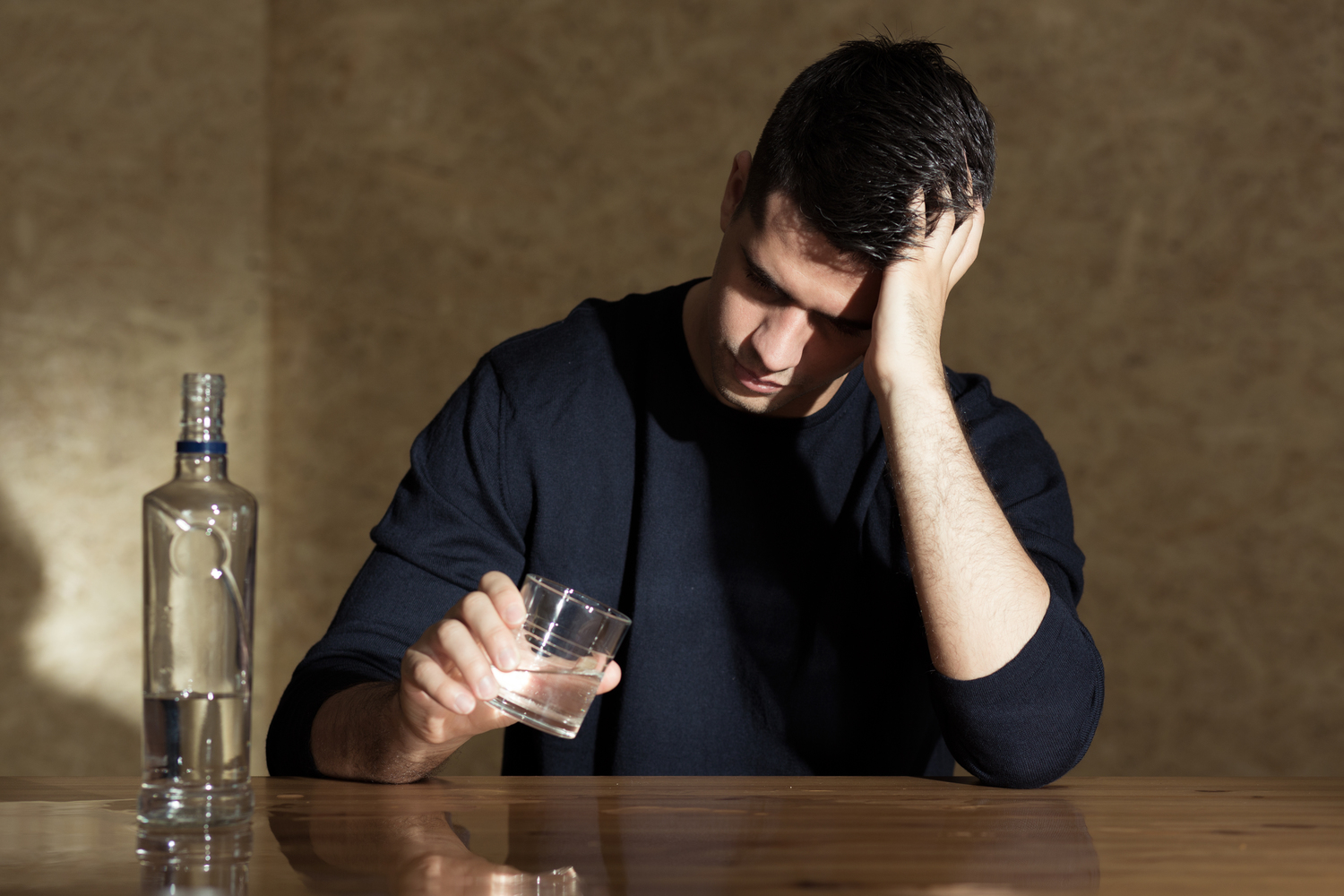
Signs of Alcohol Abuse in Teenagers
Being the parent of a teenager can be quite difficult. While you wish to give your child freedom, you also want to stop them from going down the wrong path. One of the biggest fears that any parent has is that their child might develop an alcohol addiction at this age. If you, too, have similar fears, here are some signs that your son or daughter may be abusing alcohol:
1. Change in physical appearance
A change in physical appearance is the first sign to look out for when trying to recognize if your child suffers from alcohol abuse. The smell of alcohol in the breath in the biggest giveaway; however, there are other signs that you can watch out for. These include a sudden lack of interest in personal grooming, bloodshot eyes, impaired muscle coordination, memory loss and confusion, and sudden weight loss.
2. Sudden emotional distance
Is your teenager isolated and hesitant to be with the family at home? Teenagers who are dependent on alcohol become very irritable and cranky when they are unable to satisfy their cravings for drinking. They may suddenly become verbally abusive and physically violent. They may even develop an emotional apathy.
3. Reluctance to socialize
Finally, look for signs that indicate a sudden change in your child’s social activity. If they start skipping class, stop hanging out with old friends, become secretive about new friends whom you have never met, and are reluctant to join in at family get-togethers, it could mean that something is seriously wrong. Also, watch out for suspicious activity such as your child starting to lie about their schedule and whereabouts as well as missing money in the house. Coming to terms with the fact that your child is an addict and might need alcohol addiction recovery can be extremely difficult. Here are three immediate steps recommended by experts:
4. Get help with rehab
Alcohol addiction recovery requires professional intervention. If you suspect that your teenager is dependent on alcohol, immediately start searching for rehab facilities in the area. Never try to use your own methods of force to try to make your child quit. A professional medical expert at the rehab will evaluate the extent of addition and determine if your child requires in-patient or out-patient treatment.
5. Avoid unintentionally “enabling” addictions
It might seem absurd that a parent would enable an addiction, yet this can happen. For instance, if your teenager got suspended from their college hostel for misbehavior due to alcoholism, offering them to stay temporarily at your home would prove to be more harmful as they can now live without fear of a schedule or discipline with extra money to secretly indulge their vices. Do not offer your home as an alternative, and head straight to a rehab center.
6. Learn about addictions and recovery
Finally, read as much as you can about the causes of alcoholism and techniques for coping and recovery to help your child along the path of alcohol addiction recovery. You can join a support group to interact with other parents who might be in the same situation as you.



